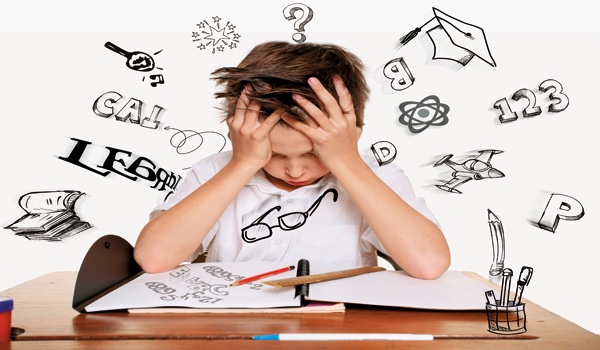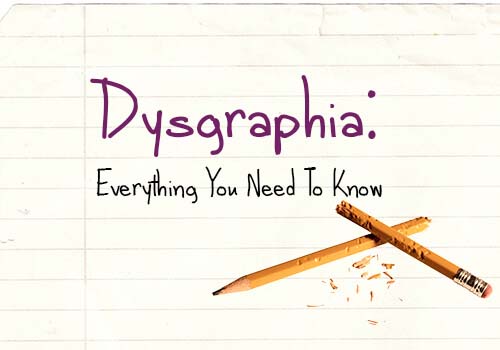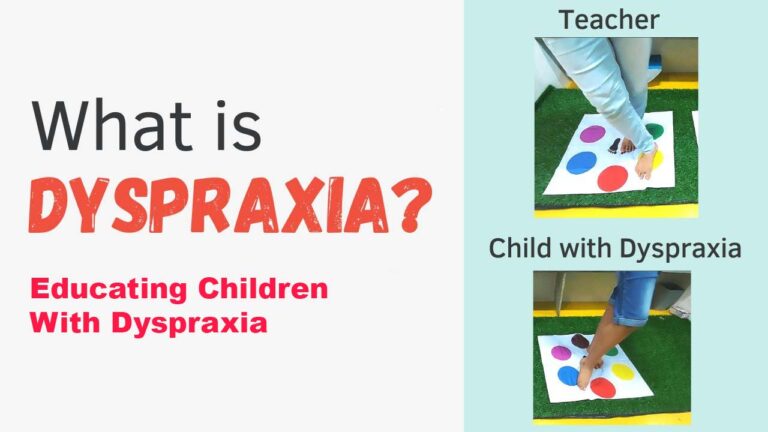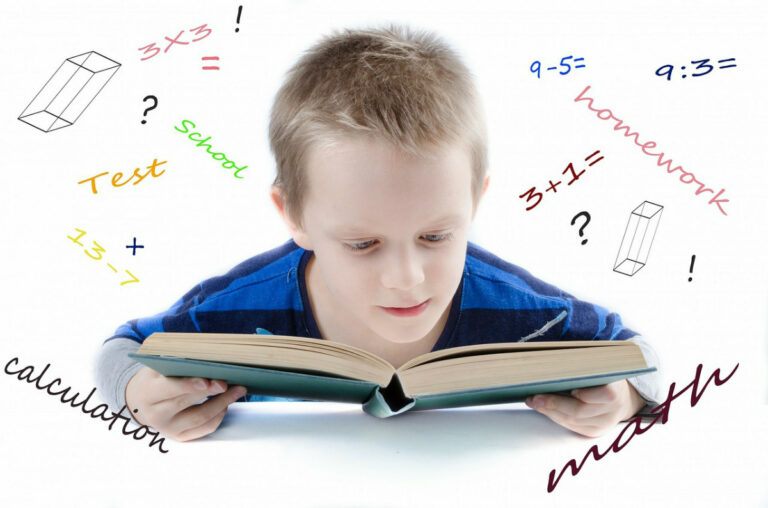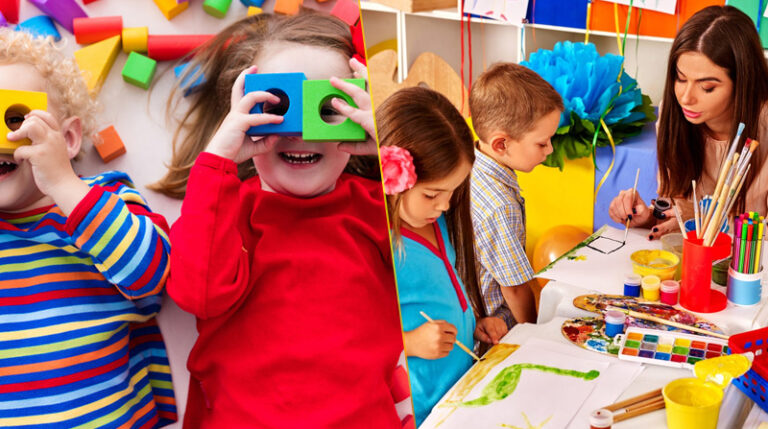
When a child is said to have a learning difficulty, it doesn’t necessarily mean that there’s a problem or a lack of motivation from the kids.
Furthermore, it doesn’t mean that they are lazy. In fact, most children with learning disabilities are just as smart as everyone else. However, their brains are just wired differently. And this affects how they perceive or interpret information.
If a child has a learning Difficulty, they simply see and hear things differently from the rest. This is why most of them experience some problems processing new information and skills. Furthermore, they may lack the necessary skills to put what they’ve learned into practice.
One of the most common types of learning disability is Dyslexia.
What is Dyslexia?
Dyslexia is a learning disability associated with difficulties in reading and a good pace and without mistakes. People with this disability often have a hard time reading comprehension, spelling words, or even writing them. However, it would be prudent to note that these challenges aren’t synonymous with intelligence.
What causes Dyslexia?
Dyslexia is not a disease. It is a condition that someone is born with and often runs in the family. Furthermore, people born with Dyslexia are not lazy or stupid. In fact, the majority have an average or above-average intelligence.
Studies indicate that some people have Dyslexia because of how their brain processes information.
Image scans of the brain indicate that people with the condition use different parts of their brains to process information, unlike those without. These scans also suggest that those with Dyslexia may not work efficiently when reading, which is why people with the condition find reading quite challenging.
Does Dyslexia affect school-going children?
Children with Dyslexia are heavily affected by the condition at school if not appropriately addressed. Most schools only focus on a key thing, which is to instill knowledge in the kids while also testing them.
However, they may find that some children do not respond well to reading lessons in class and may not comprehend a number of things that their peers don’t have a difficult time with.
If the teachers or parents do not know that the child has Dyslexia, they may not use the right approaches to assist them in developing academically. If not properly addressed, children with Dyslexia may not benefit from all the education they get, even if you take them through the best schools.
How to address Dyslexia in school-going children
People do not outgrow Dyslexia. This is a condition and not a disease, meaning you have it from birth. However, people with Dyslexia are not stupid or lazy. They just have different ways of perceiving information.
There are teaching approaches and strategies that can help improve the reading skills of children with Dyslexia. Furthermore, getting assistance from an expert will help the child to better manage the challenges.
The first step to addressing Dyslexia in school-going children is to know how to identify the problem.
Lina Bayazid: Training Teachers and Parents to Better-Manage Children with Dyslexia
If you feel like your child has trouble comprehending things in class and especially has trouble reading like other children, it would be prudent to have them checked by a professional.
Once the tests conclude that the child has Dyslexia, you should get the relevant training to help you and your child’s teachers better manage those with the condition.
Lina Bayazid is a coach, trainer, and curriculum designer with vast experience interacting with children with learning disabilities, including Dyslexia. Lina helps both parents and teachers to apply different techniques to take better care of the children and help them comprehend their education, just like other kids.
Your child is not lazy. they probably just process information differently. Contact Lina Bayazid today to help you give the best to your child.


